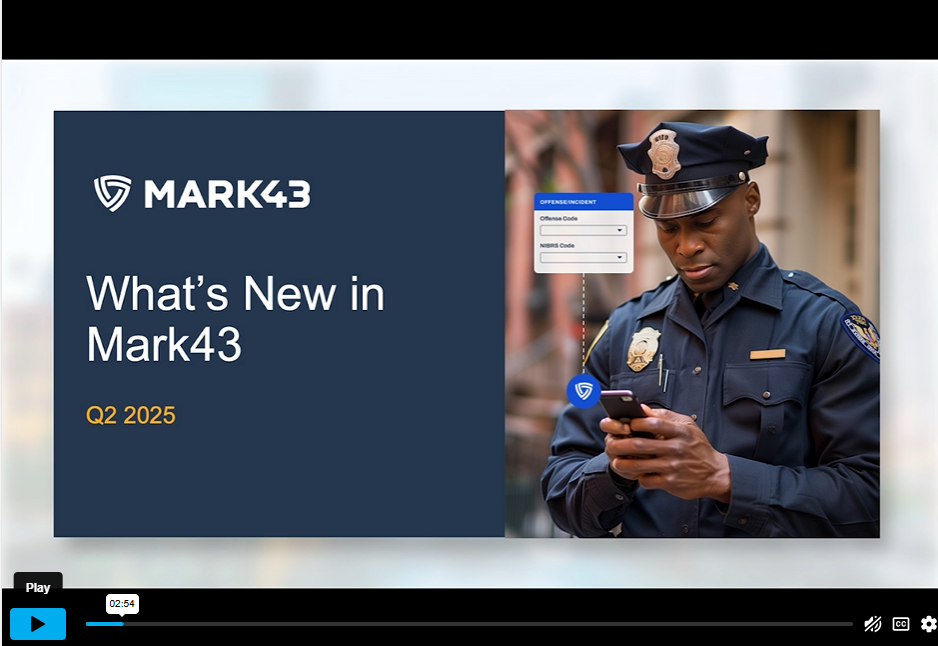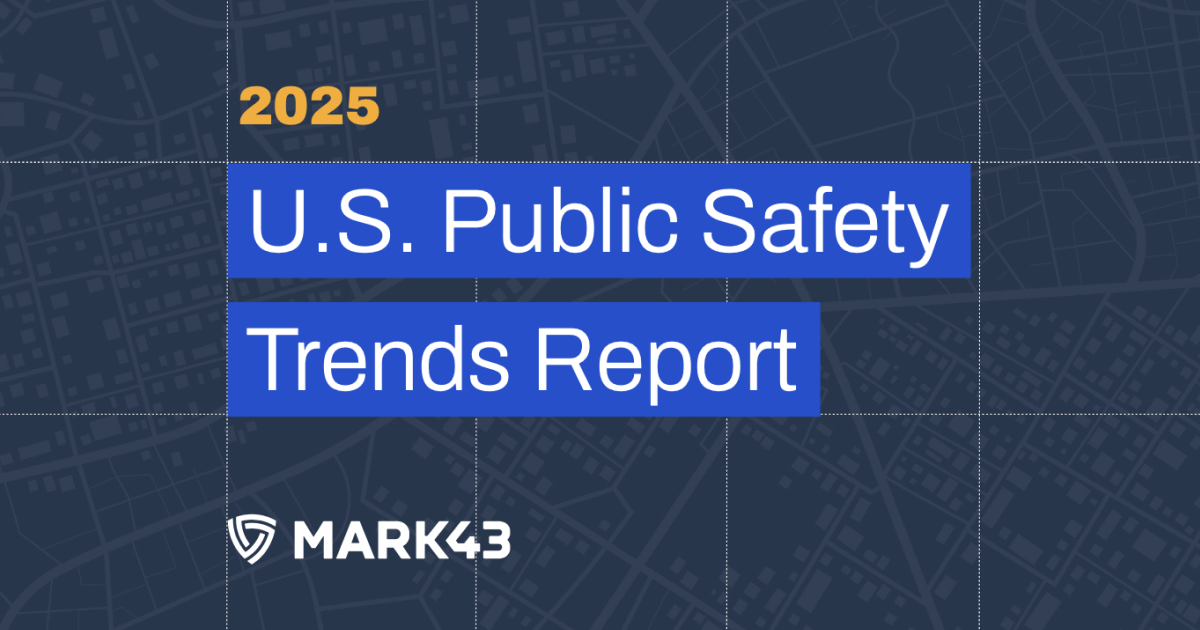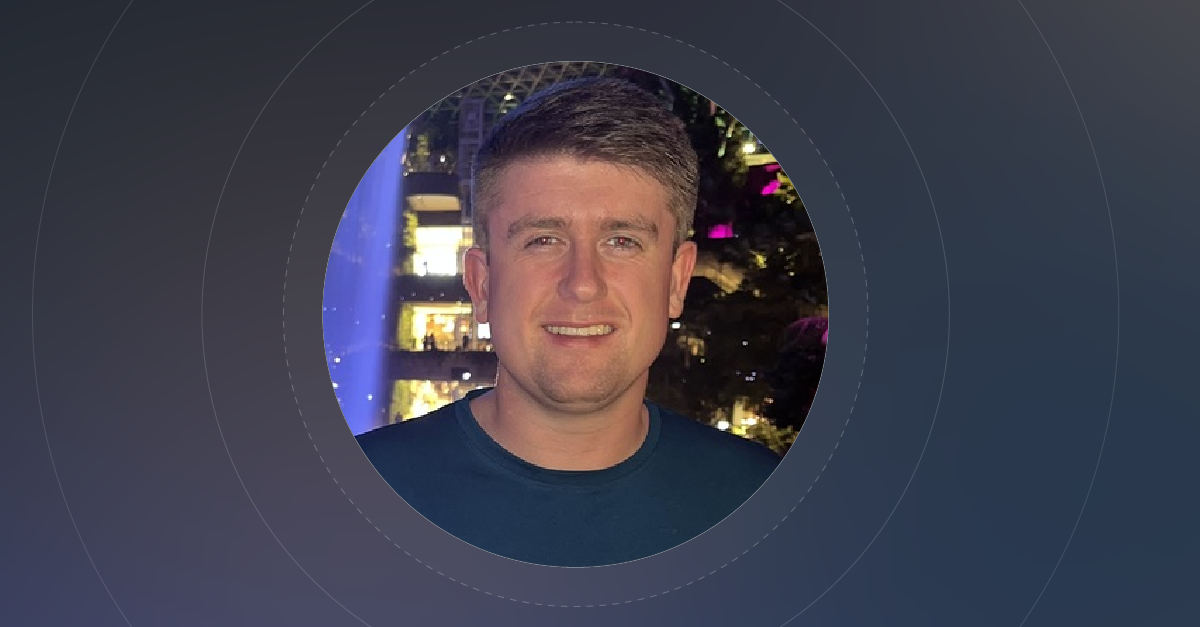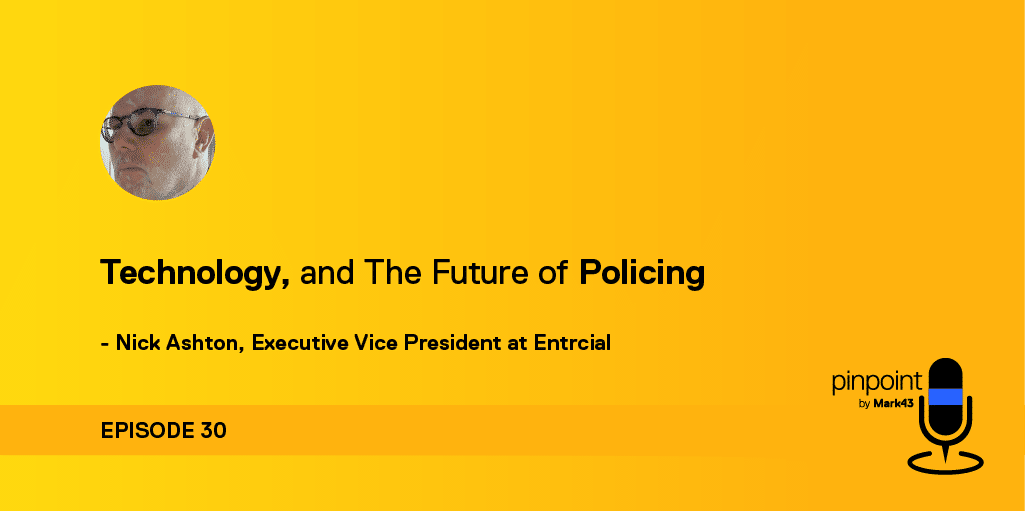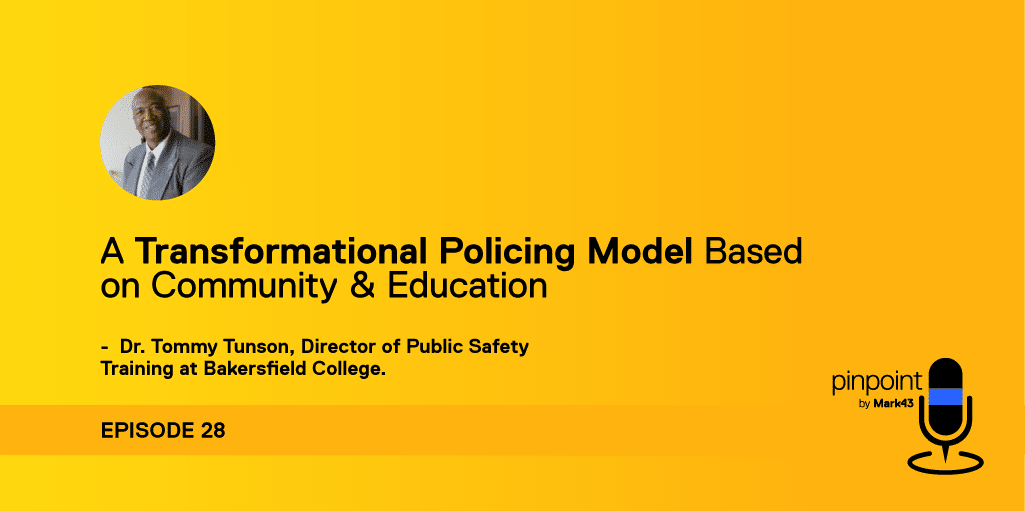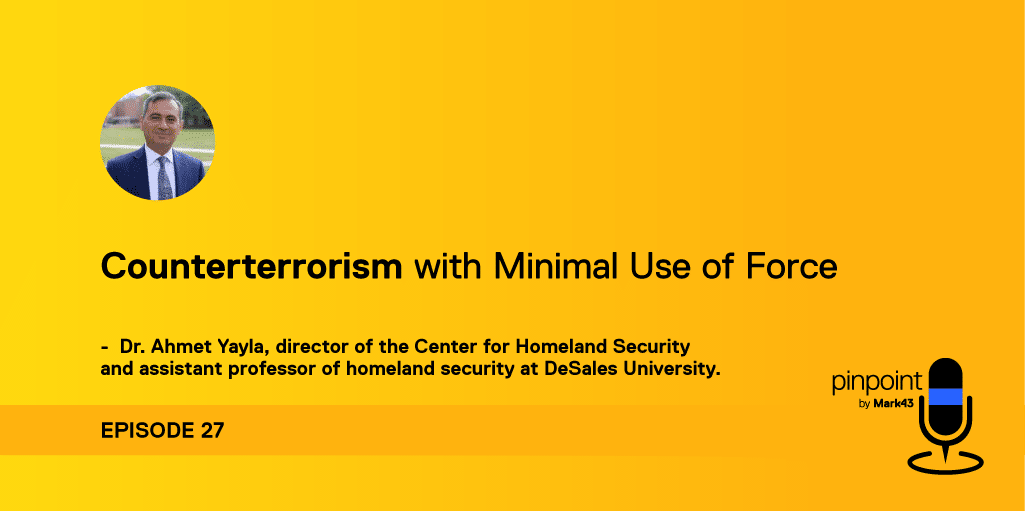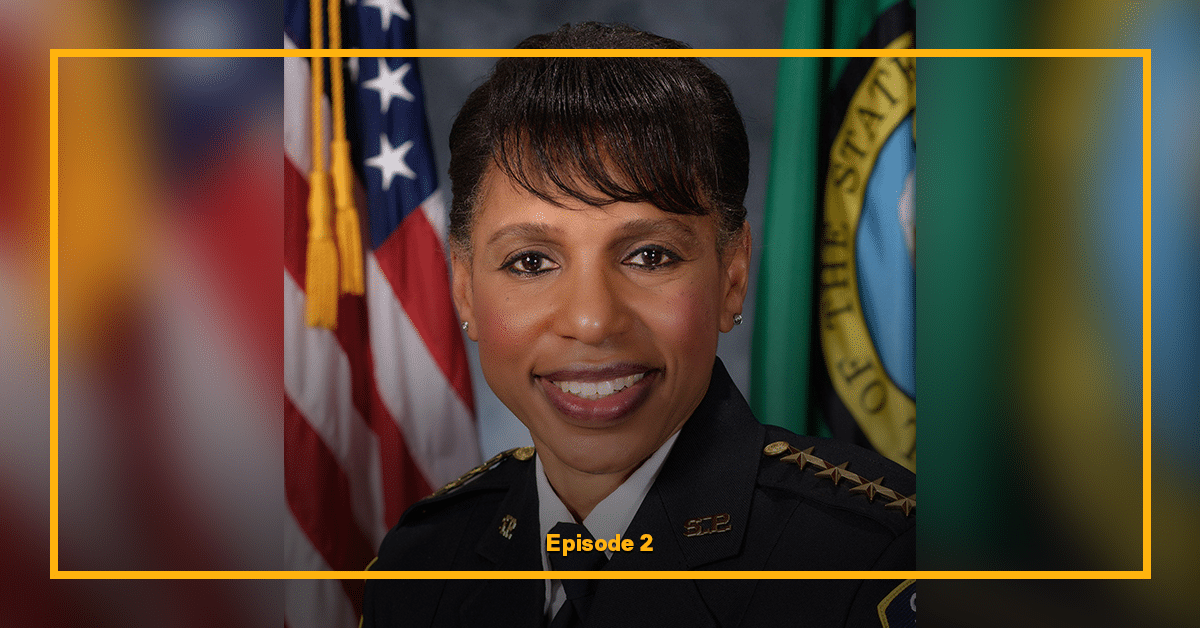
The role of a police officer in the United States is more complex than it has ever been.
That’s because these officers are being asked to be more involved in their communities by focusing on engagement rather than enforcement.
Carmen Best is the Chief of the Seattle Police Department and she describes this approach as “holistic policing.” Best has always felt a calling towards public service and she believes firmly that policing isn’t worth anything if it’s not about service to the community.
“I’ve always had the will to do service and to be a public servant.”
Best was enlisted in the army for 3 years where she was committed to representing her country well. The pillars of leadership she learned translated well into her current role as she learned how to leverage teamwork and camaraderie into establishing a good, fair, and safe society.
Best joined us for a special guest episode of the podcast with Dr. Antonio Oftelie of Leadership for a Networked World to talk about her department’s current initiatives, the idea of holistic policing, and the importance of transparency.
[popup_trigger id=”1576″ tag=”pinpoint”]
[/popup_trigger]
Key Initiatives of the Seattle Police Department
Best has made it a strategic key initiative of the Seattle Police Department to engage with the Seattle community at all times. One of the first tangible steps her department took in demonstrating this value was quashing old and outdated warrants from decades past. This demonstrated the value of being a part of the community and working alongside its members in the present rather than cracking down on events in the distant past.
Best says that her department has a focus on engagement rather than enforcement. Best and her team are constantly talking to their officers and staff about the common vision of the department and what it will take to get there.
Some of the ways they reinforce these values are by acknowledging good work from the department, attending community meetings, and re-emphasizing a commitment to move forward and look ahead to the city’s future.
“We want to make sure people recognize that we’re here with them and that we know that we can’t police ourselves out of some of these problems.”
Holistic Policing
Best likes to use the term “holistic policing” when describing her department and the values they stand for. On social media, the Seattle Police Department uses this phrase as a hashtag to engage with the Seattle community and show the public how the role of police officers has changed over time.
Police officers are on the front lines of conflict, and they are being asked to do more than ever before. Best sees the need to emphasize training on potential pain points such as implicit bias training, approaching people in crisis, and directing people to the services they need.
The Seattle Police Department has seen tangible improvement by implementing these areas of training. Years ago, only 5% of people would accept help from officers in terms of taking direction on getting a service they really needed. But now that number is closer to 35-40%. This speaks to the engagement of the police and community regarding complex issues.
“We try to approach everything from a data-driven perspective.”
Best and her department use a data-driven approach to making decisions on everything from training to community engagement efforts. Best likes to say that data informs the majority of the decisions they make. From data on the time of day certain crimes occur to surveys about public safety concerns, they are leveraging data to create a safer Seattle.
Transparency
Over her years in law enforcement, Best has learned a tremendous amount about policing and has many best practices to share with fellow Chiefs. The most important best practice she has to share is surrounding transparency. She believes in sharing information with the community and demonstrating that things are moving in the right direction. This shows the community that they are getting up stream above problems and determining causes, not just treating symptoms.
As referenced earlier, data can be a tremendous tool for making communities safer, but there can also be concerns about data leading to biases and the importance of protecting privacy. Best and her team have combatted these concerns by always being transparent about what the department is doing. They are talking to their community members about what they’re doing and why.
No one wants to feel like the police are an occupying force, and the police don’t want to feel that way either. They want to be partners with those who live in Seattle. In order for people to respect the police, the police have to be transparent and engage at all levels.
As Best would say, “Tell the truth and be sincere.” That’s how you create a holistic police department built on transparency.
Chief Carmen Best will be attending the upcoming Public Safety Summit at Harvard University. The participants at this year’s Summit will learn and share best practices on leading and sustaining transformation within rapidly changing environments. Public safety officials can learn more about the program and submit an application to attend here.




